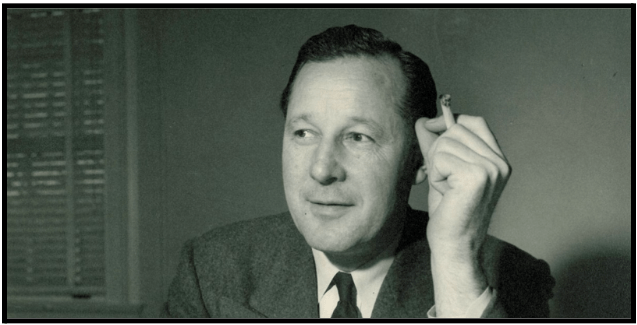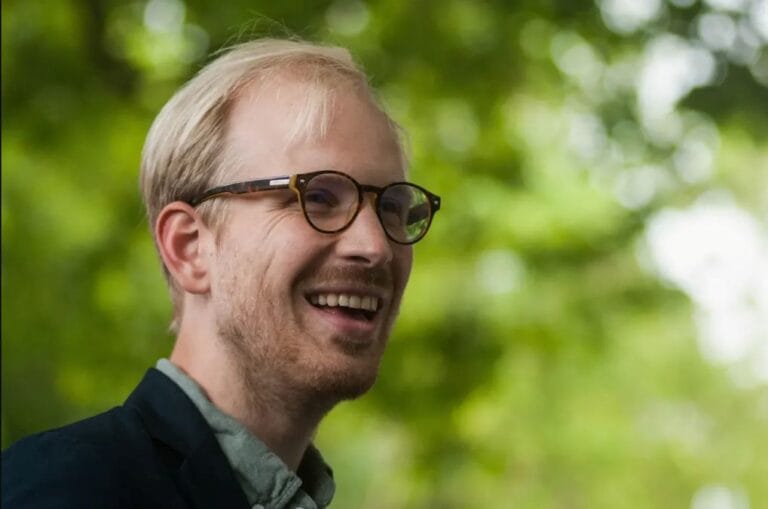Talking Big Ideas.
“While differing widely in the various little bits we know,
in our infinite ignorance we are all equal.”
~ Karl Popper
Maryrose got me ski lessons.
I’m in a group with a half dozen other novices. We meet every Wednesday morning. Riding the lift together this week, my instructor pointed out various skiers below us. Cautionary tales as well as examples to emulate.
“Look at the way he’s banking. Don’t do that!”
“See how she’s carving her Cs, that’s it!”
We watched a little kid pass beneath us. He was tiny but his form was solid. I asked how young children are when they start lessons here.
Four years old, he said.
“That’s so young! Is it hard to teach them?” I wondered.
The instructor said the little kids are ideal students. They’re a blast to teach because they listen well and have excellent attitudes with no egos. So they learn quickly.
Teaching them is the easy part, he said. The hard part is dealing with their parents. They stand around. They offer unsolicited advice. They add anxiety and stress. It makes learning and teaching more difficult.
The kids have open minds. The parents, less so.
Half a century ago a Japanese monk named Shunryu Suzuki popularized the term beginner’s mind. He wrote in his classic Zen Mind, Beginner’s Mind that “the real secret of the arts” is to “always be a beginner. . . . if we become too serious, we will lose our way.”
A beginner’s mind is eager to take new ideas in. It is open and accepting, not judgmental or angry. And so, as Suzuki famously put it: “in the beginner’s mind there are many possibilities; in the expert’s mind there are few.”
Modern science agrees. Experiments show that the more we think of ourselves as experts, the more we tend to close our minds.
The expert mindset can foster both arrogance and insecurity. And when it comes to feeling inadequate about public speaking, I find that executives often have it the worst.
Because of their position, executives feel pressure to be good at public speaking. Of course, just because we’re skilled at one thing does not mean we’re skilled at all things.
This pressure can push executives to avoid speaking opportunities. I work with several that have spent most of their careers hiding from the stage. Missing out on the thrill of the limelight as well as opportunities to leverage their impact and advance their organization’s mission.
Thankfully, this problem is solvable. It takes a willingness to be a beginner. To practice and embrace feedback. I’ve personally seen executives transform in a matter of months. From terrified of the stage to being Zen behind the podium.
This is the ideal for everything we take on.
As we look ahead to this new year, let us commit to being beginners.
For public speaking. For all things.
***
![]() IDEA
IDEA
A beginner’s mind fosters growth.
Apply your beginner’s mind to a routine activity today. For example, try eating your next meal like this:
- Look at your food, utensils, and room as if you’re experiencing them for the first time.
- Pay attention to little details that typically go unnoticed. The sights, sounds, smells, textures, tastes.
- See if you can appreciate and learn from something you’d often overlook as mundane.
***
Betty White had a beginner’s mind.
She restarted her career when she was 88 years old and continuously adapted herself, connecting with new audiences throughout her life.
This upcoming Monday, January 17th, would have been her 100th birthday. In her honor, there’s a Betty White Challenge underway. To participate all you have to do is donate $5 to your local animal shelter.
Just for fun, I also encourage you to watch (or re-watch) her Super Bowl commercial and impromptu riff on herrings. Absolute gold.
***
If you find this useful, please subscribe to our free weekly newsletter.




